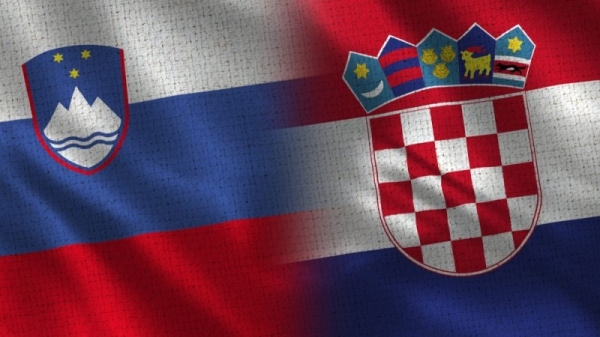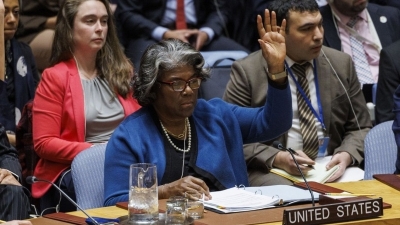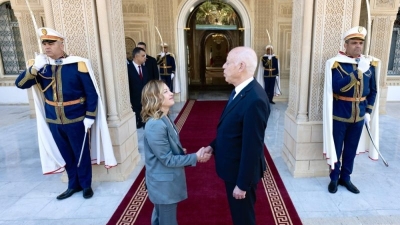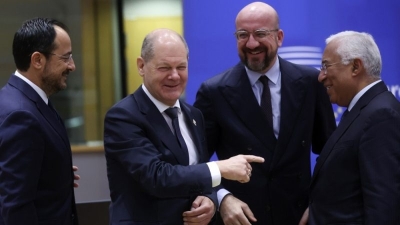Slovenia to expand energy cooperation with Croatia

Slovenia and Croatia will shortly sign a solidarity agreement on gas supply and expand energy cooperation in other areas, Slovenian Prime Minister Robert Golob and his Croatian counterpart Andrej Plenković agreed at a meeting Tuesday.
Slovenia previously signed a solidarity agreement with Italy but the deal with Croatia has been in the making for months. The Slovenian government started to have discussions on the deal in August and the Croatian government agreed to it (in principle) in November.
“All conditions are met and texts finalised so that we can sign a solidarity agreement on energy, above all pipelines, between our countries at the earliest opportunity,” Golob said after meeting with Plenković in Slovenia. The latter said the agreement could be signed during Golob’s upcoming official visit to Zagreb.
The prime ministers also discussed the ongoing expansion of a liquefied gas terminal on the Croatian island of Krk and how Slovenia, as well as other countries, could be involved in the project, said Golob.
Croatia plans to increase the terminal’s capacity from 2.9 billion cubic metres of natural gas annually to 6.1 billion. Plenković said the ongoing project could become an EU project if there were a multilateral initiative. This would require even greater capabilities and attract buyers, he added.
The capabilities of gas pipelines of the terminal with Bosnia and Herzegovina, Hungary and Slovenia, as well as beyond, with Austria and Bavaria, would also be improved. Golob said the needs of buyers from Slovenia, Austria and Germany and the pipeline capabilities needed to be determined.
The prime ministers also talked about constructing a new nuclear unit at the Krško Nuclear Power Station, which is located in Slovenia but jointly owned by both countries.
Both governments support the new unit, said Golob, adding it will be important to see whether nuclear energy will be designated as green by the EU, making it eligible for EU funds.
(Sebastijan R. Maček | sta.si)



